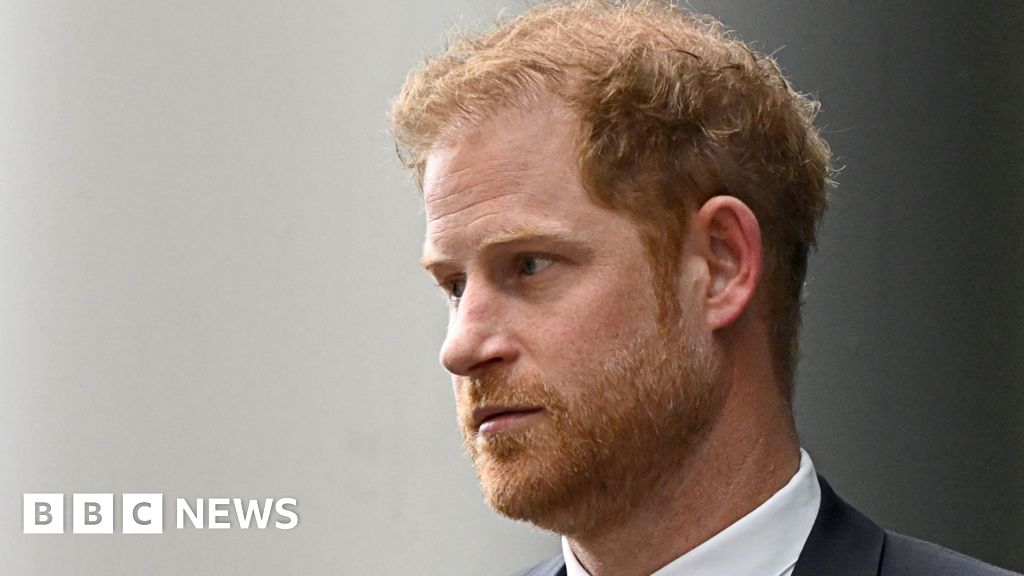ARTICLE AD BOX
The Beaker Girls was broadcast on CBBC last year
The Beaker Girls was broadcast on CBBC last year
The BBC has announced it plans to stop airing CBBC and BBC Four as traditional broadcast channels.
Director-general Tim Davie announced the content of these networks will continue to be produced and made available for online platforms.
This means they would only be available on BBC iPlayer, with Radio 4 Extra moving to BBC Sounds, rather than via their traditional broadcast outlets.
He added that the corporation's two news channels will be merged into one.
The corporation currently has two different news networks for UK and World audiences, and the changes are part of cost-saving measures, which the BBC said are part of a plan to create a "modern, digital-led and streamlined organisation".
The changes announced on Thursday mean cuts of £200m year and the reorganisation of services which prioritise digital platforms.
In January the latest licence fee settlement was announced which will keep it at £159 a year for two years and then rise in line with inflation.
Overall, the plans could mean up to 1,000 job losses in the publicly-funded part of the corporation over the next few years.
Mr Davie said the BBC would consult with trade unions on the proposals.
Image source, Reuters
Image caption,Tim Davie said: "We are moving decisively to a largely on-demand world"
In a statement, Mr Davie said the BBC must "evolve faster and embrace the huge shifts in the market around us".
"This is our moment to build a digital-first BBC," he said. "Something genuinely new, a Reithian organisation for the digital age, a positive force for the UK and the world.
"Independent, impartial, constantly innovating and serving all. A fresh, new, global digital media organisation which has never been seen before."
The director-general told staff that too many BBC resources are currently focused on broadcast output rather than online, adding: "We are moving decisively to a largely on-demand world."
The newly merged news channel will mean a single, 24-hour broadcast, simply called BBC News, serving UK and international audiences and offering greater amounts of shared content.
Mr Davie also announced changes to local radio and regional news, which will see some bulletins and programmes merged.
BBC One regional programme We Are England will also end after its second series later this year.
The changes include:
- Plans to stop scheduling separate content for Radio 4 Long Wave
- Additional online news services for Sunderland, Bradford, Wolverhampton and Peterborough, creating 100 new job posts
- Alternative funding for some performance groups such as the BBC's orchestras
- The end of bespoke television operations in Oxford and Cambridge, which will merge with the wider regional 18:30 news programmes
- Requesting Ofcom to remove regulatory restrictions on iPlayer to expand boxsets and archive content - with an ambition to reach 75% of BBC viewers through iPlayer each week
- Shifting a number of World Service languages to being digital only
- Reviewing commercial options for audio production, which could mean some podcasts are produced by the corporation's commercial arm, BBC Studios
Further updates to follow.

 2 years ago
22
2 years ago
22








 English (US)
English (US)